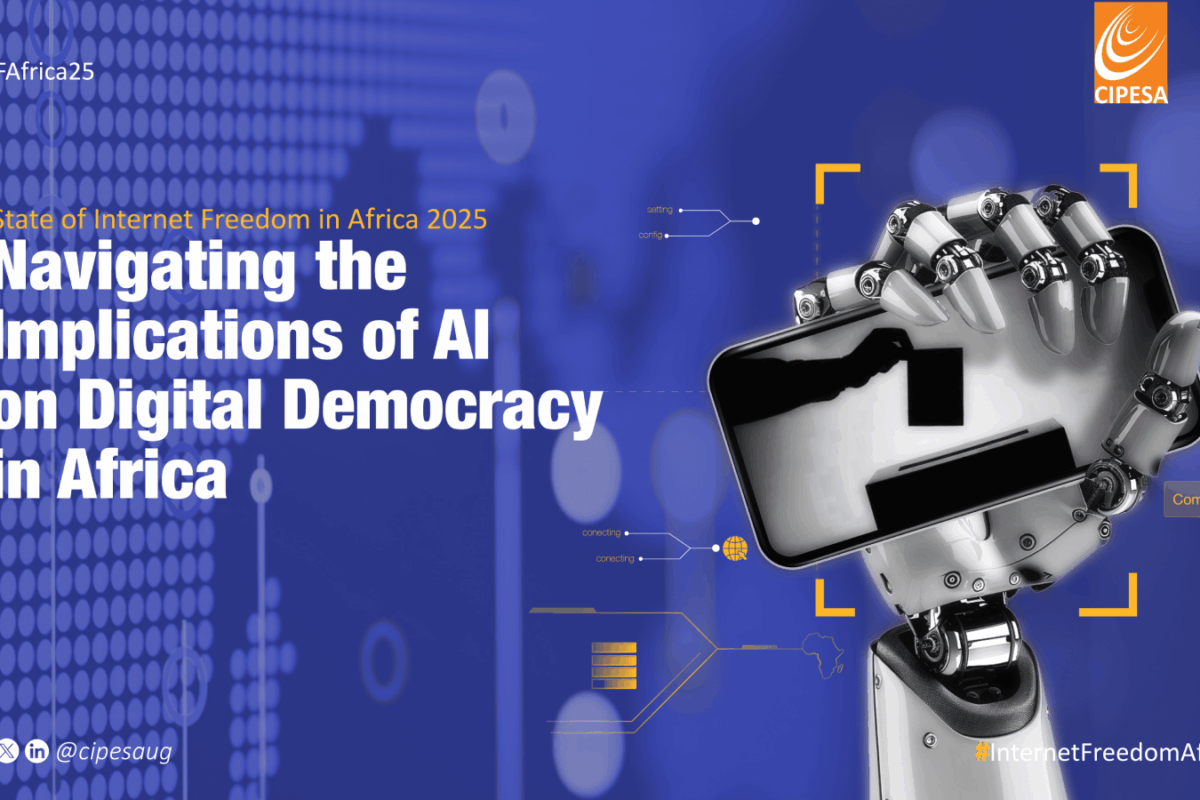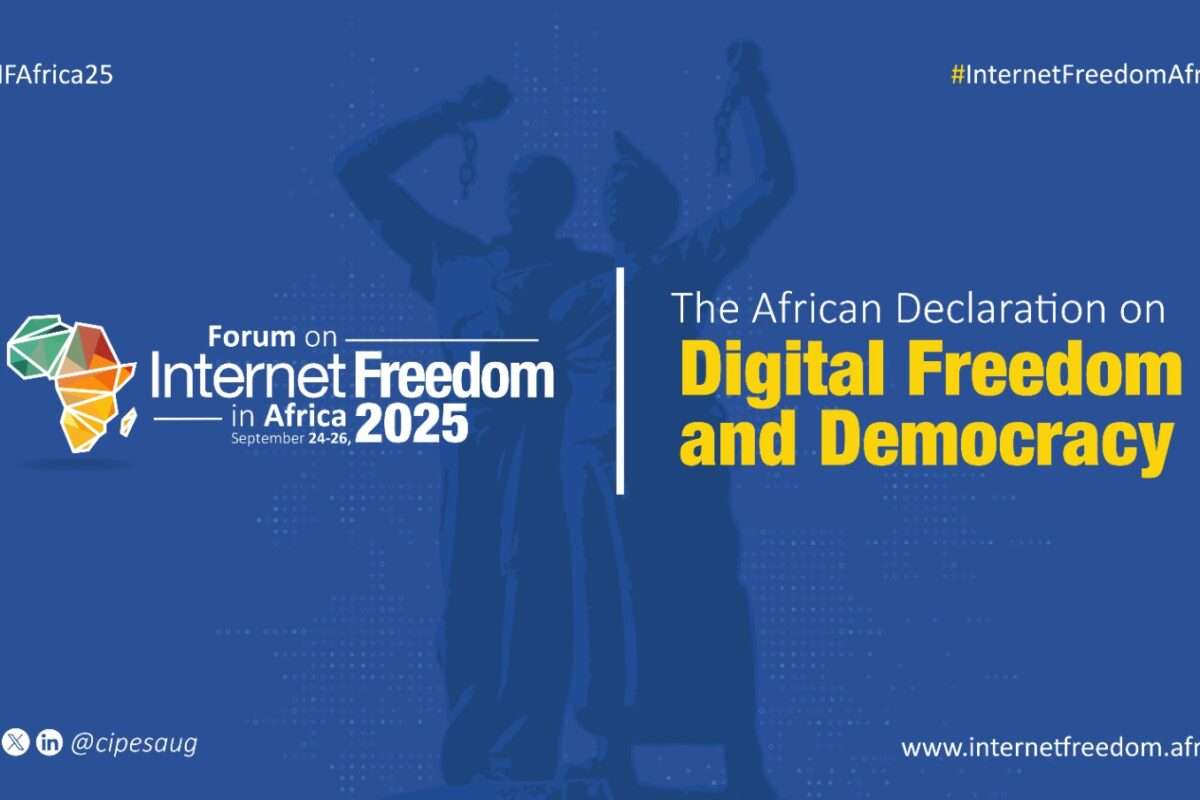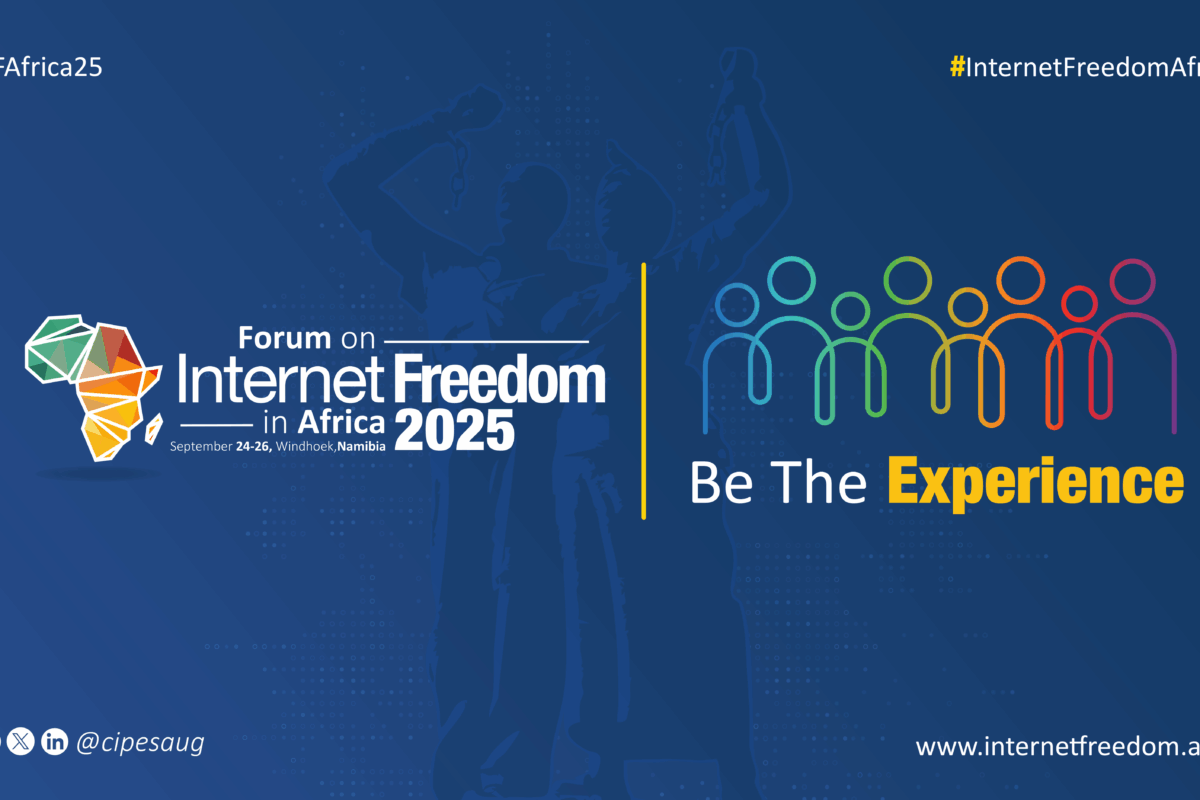Juliet Nanfuka |
Data plays a crucial role in T20 discussions at the G20, influencing online interaction and civic engagement. The G20 should use its influence to create a multi-stakeholder agenda for Digital Public Infrastructure design.
Data is at the heart of T20 discussions around the G20, as it informs the architecture of online interaction, civic participation (and exclusion) and the governance of digital society. As such, it is also central to digital public infrastructure (DPI), serving as a foundational requirement and an enabler of new data generation and data mobility. Data drives the three key pillars of DPI – digital identification, digital payments and data exchange – in addition to other emerging features such as geospatial data and data aggregation. However, the expanding role of DPI raises questions about its alignment with constitutional guarantees, data protection frameworks and the lived realities of end users across Africa.
In 2023, India’s G20 presidency laid the foundation for discourse on DPI with great precision. A year later, the 2024 G20 Rio de Janeiro Leaders’ Declaration acknowledged ‘the contribution of digital public infrastructure to an equitable digital transformation’. It went on to note ‘the transformative power of digital technologies to bridge existing divides and empower societies and individuals including all women and girls and people in vulnerable situations.
Consequently, DPI has been positioned as a necessary tool for international trade facilitation and industrialisation in developing countries. In Africa, this momentum has been supported by strategies such as the AU’s Digital Transformation Strategy for Africa (2020–2030), the African Continental Free Trade Area (AfCFTA) and the 2024 adoption of the Continental AI Strategy. Various countries across the continent have integrated DPI into their national strategies.
The pace of DPI integration is mirrored by growing financial investment in DPI. Examples include the $200 million Ghana Digital Acceleration Project by the World Bank in 2022 to expand broadband access and strengthen digital innovation ecosystems. In June 2025, the AfCFTA Adjustment Fund Credit Facility funded $10 million to support private sector adaptation to AfCFTA frameworks, with initial commitments to Telecel Global Services to enhance connectivity and regional integration. The company provides wholesale voice and SMS services and enterprise connectivity solutions to more than 250 telecom operators across Africa and globally.
While the expansion of DPI is often framed as a progressive step, it also carries significant governance trade-offs. The expansion of DPI in countries with weak democratic safeguards heightens the risk of state overreach, mass surveillance and reduced civic freedoms, making it essential to set clear limits on state access to citizens’ data to safeguard participation and accountability. Further, concerns over data sovereignty also loom.
Other T20 commentaries have stressed the urgent need for multi-stakeholder engagement to align DPI with the realities of developing countries. Without this alignment, DPI could increase existing regulatory gaps that compromise civic rights and consumer protection, fraud prevention and privacy. Meanwhile, the current wave of DPI design could exclude smaller economies that lack the capacity to engage in complex cross-border arrangements, such as those established between India’s Unified Payments Interface and Singapore’s PayNow. However, efforts such as the East African Community’s Cross-Border Payment System Masterplan aimed at inclusive, secure, efficient and interoperable cross-border payments in the region are underway.
If DPI is deployed without further interrogation, especially within the contexts of lower-income and developing countries that are often still navigating authoritarian systems, there is a risk of introducing yet another form or layer of digital exclusion from the global ecosystem. This could amplify existing national exclusions emerging from lack of access to the basics promised by DPI, such as national identity documents as keys to financial inclusion or access to basic services and civic rights.
When governments replace human interaction with automated systems, they risk ignoring the real-life experiences and needs of people who use – or could use – DPI. Thus, while DPI is being positioned as a solution to the challenges many developing countries are facing, it is important to keep in mind that infrastructure is not neutral. Its built-in biases, risks and design choices will ultimately impact citizens. Thus, for the real impact of DPI to be realised, it is necessary for the G20 to address concerns on:
- The power affordances embedded in DPI design. The architecture of DPI prioritises the interests of those who design and fund it. The G20 should require that DPI initiatives undergo power mapping to identify who holds decision-making authority, how data flows are controlled and which actors stand to benefit or be marginalised by the design and deployment of DPI.
- The institutionalisation of regulatory sandboxing. Regulatory sandboxes offer a controlled, transparent environment where DPI tools and policies can be tested for fairness, legality, inclusivity and public interest alignment before full-scale implementation. The G20 should promote the use of regulatory sandboxes as a mechanism to scrutinise DPI systems and their governance frameworks.
- Strengthen multi-stakeholder inclusion. DPI needs to be built with the participation of more stakeholders – including civil society, private sector actors, academia and marginalised communities – in decision-making. The G20 should use its convening power to set the multi-stakeholder agenda in the design of DPI interventions.
- Safeguard data sovereignty. African countries developing data governance frameworks need to balance sovereignty with interoperability, and prevent a dependency on foreign-controlled systems.
- Enhance public awareness interventions. Despite significant DPI developments, many citizens remain unaware of their implications. The media plays a critical role in bridging this gap. There should be more integration with media partners in furthering public awareness of DPI, its functions and consequences. The G20 should not negate the role of the media in driving public awareness on DPI interventions.
This commentary was first published on the T20 website on October 06, 2025.








